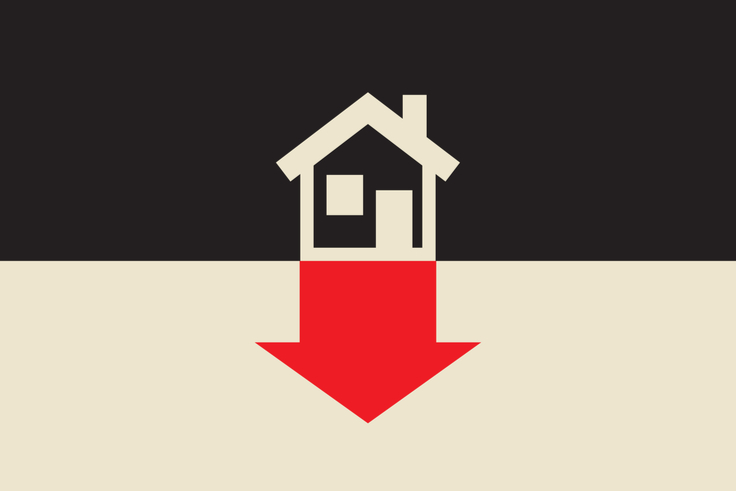You may be wondering, does not having a bath reduce house value or not having a dedicated parking space? In this post, we discuss ten things that can reduce the value of your house, so you can prevent losing value on your property when it comes to selling your house.
You may be wondering, does not having a bath reduce house value or not having a dedicated parking space? We discuss the things that can reduce the value of your house, so you can prevent losing value on your property.
So, what devalues a house?
1. A messy exterior
Kerb appeal is one of the most important things when it comes to selling your home fast. Failing to give your home that “kerb appeal”, potential buyers may not be interested to book a viewing and walk through the door.
According to a survey by Barclays Mortgages, house hunters take just 10 seconds to decide whether they like a property from looking at its exterior façade. Interestingly, the research found that 44% of people said they would try to knock between 10% and 20% off a property’s asking price if it looked unappealing from the outside.
As a result, it is a good idea to tidy up your home’s exterior to make sure it’s looking its best. This may include adding a fresh lick of paint, adding a potted plant or hanging basket, mowing the lawn, washing any windows and removing bins from the front of your home.
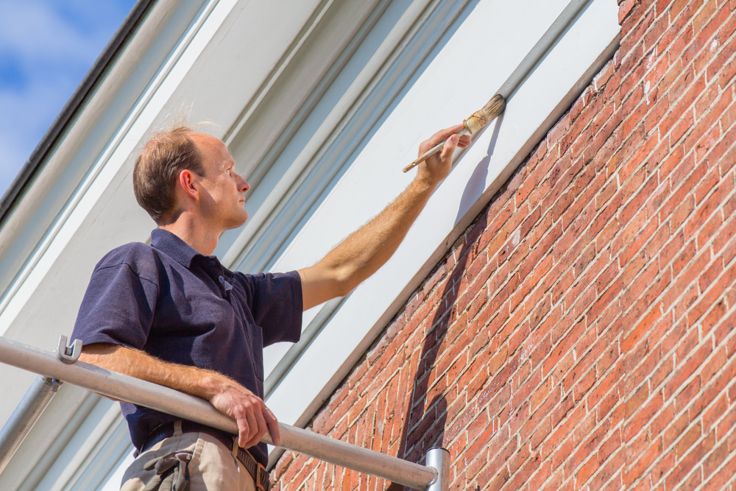
2. A low energy efficiency rating
Energy efficiency ratings have significantly grown in importance for buyers since Energy Performance Certificates were introduced. From April 2018, it is deemed illegal to rent a property with a poor energy efficiency rating (any less than an “E” rating).
Even though it won’t impact those buying a home, it can put of any buyers who are looking to buy and rent out the property. Thus, potential buyers may decide to put down a reduced offer instead, as some buyers may realise the lack of energy efficiency as money lost in higher energy bills once they’ve moved in.
According to Money Supermarket, there is a correlation between a stronger energy efficiency rating and a higher house price. The higher the rating is, the property value can increase by as much as 14%.
You can improve your property’s energy efficiency rating by:
- Installing insulation in your property
- Add lagging jackets to your water pipes
- Replace bulbs to energy-saving bulbs
- Upgrade to a more energy efficient boiler
- Review your EPC for some specific steps for your property
3. Over renovation and personalisation
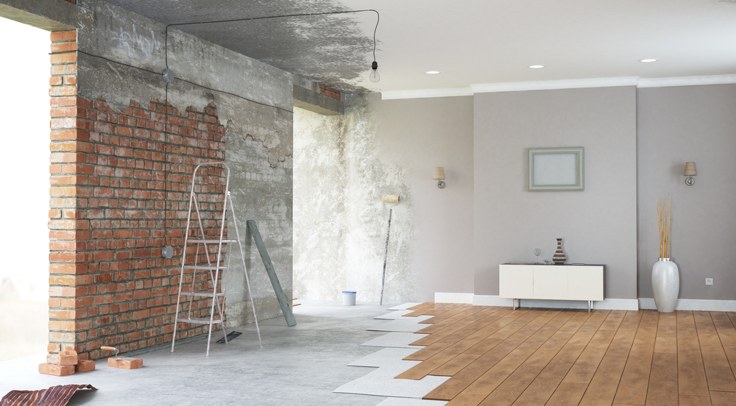
Contrary to popular belief, there are several house renovations that could reduce your house value without you realising. There is such a thing as over-improving your property and carrying out the wrong type of ‘improvements’ can be detrimental to your home and will inevitably deter potential buyers.
As a result, before you go ahead and make any changes to your property, it is a good idea to see what increases your property value, rather than decreases it. If you want to make any changes to your property, it’s a good idea to keep it simple and don’t over-extend or over-personalise, as these can be major turn-offs for potential buyers.
For instance, some changes which can be problematic can be turning a double bedroom into two single bedrooms, or adding AstroTurf to the lawn.
4. Too much clutter
When it comes to putting your home on the market, it is a good idea to declutter and rearrange your rooms to make the most of the space. The key is to make the illusion of a bigger room, without having to spend any extra money. If your home is overcrowded with furniture and/or clutter, it is a good idea to have a clear out, or at least put some items into a self-storage unit for safe-keeping whilst you are marketing the property.
Poor décor choices can often be overlooked by potential homeowners, but if they can’t imagine themselves living there with their family and own furniture, why would they consider putting an offer in?
5. Any outstanding home issues
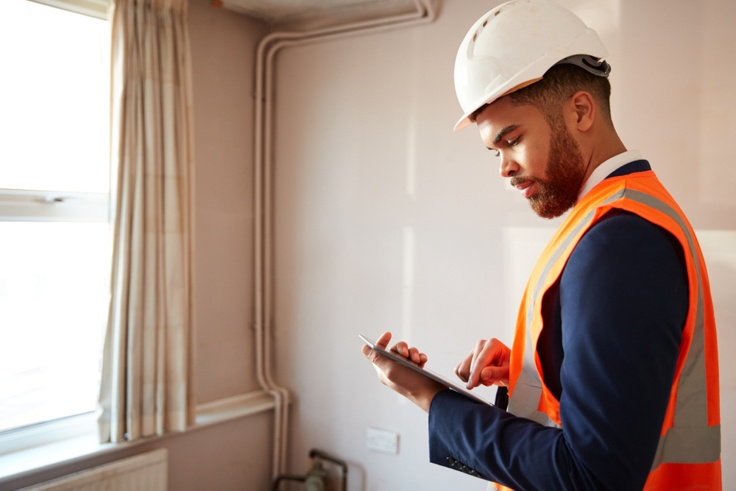
Before you sell your home, it is a good idea to get a survey done on your home to find out whether there are any issues that may need to be rectified before selling. By doing this before your home goes on the market, you won’t have any nasty surprises from your buyer’s survey and there is less reason for buyers to put in an offer way under the asking price.
For instance, if there is evidence of subsidence on your property, or Japanese Knotweed growing in your garden (or a neighbours), this will need to be treated or clearly stated.
If you are concerned you have Japanese Knotweed on, or near, your property, read our Japanese Knotweed guide.
RELATED: A Guide to Adding Value to Your Home
6. Nuisance neighbours
Neighbours, you either love them or hate them. In some cases, neighbours can be a real nuisance, with some homeowners citing that they can’t sell their house because of neighbours, whether it be a messy house, being noisy or starting disputes. In fact, some research we conducted found that a staggering 70% of Brits would withdraw an offer on a house due to noisy neighbours.
You must declare noisy neighbours when selling your home, which may decrease the value of your home. Thus, it’s a good idea to deal with nuisance neighbours calmly and resolve disputes amicably before contacting your local environmental health or planning department, or police.
7. House number, house or street name
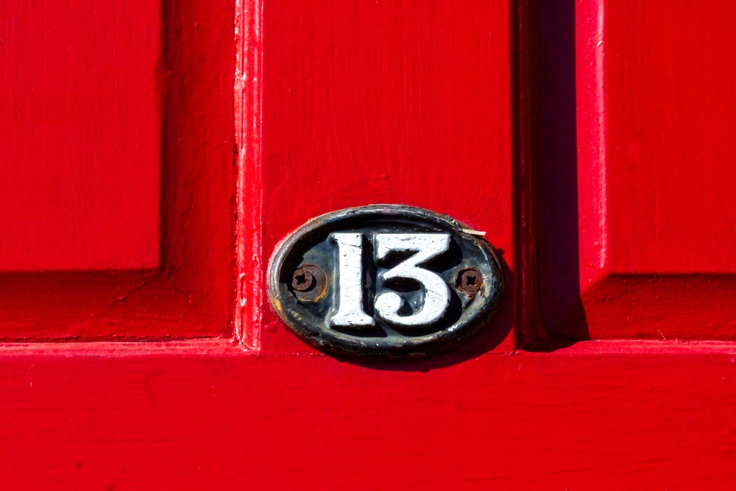
As funny as it sounds, superstition can have a major influence on house prices. If you live at number 13, you may want to consider finding out whether you can change your house number to a name. Alternatively, street names and house names can also have a negative impact on house value too,
For instance, if you live on a “Street”, your property is likely to be less than if you live on a “Lane”. Read this post all about how a name can affect your property’s value.
8. High crime levels
High crime levels can be a turn-off for people interested in your property, as if crime is rife in your area, why would anyone want to live there? According to Direct Line, almost half of 2,000 polled Brits say they would check crime statistics before arranging a booking. Furthermore, a further 47% would not buy a property in an area with a high crime rate.
Although there is not much you can do about crime levels in your area, there are some ways to try and counteract crime, such as joining your local Neighbourhood Watch community. It may also be a good idea to get a group of local residents on your street together to find out how to reduce crime and put a proposal to your local council. For example, adding a community centre or a park, to avoid loitering.
To find out about crime rates in your area, visit crime-statistics.co.uk/postcode, or police.co.uk.
9. Pets in the home

Pets are part of the family, so it is obvious that you’d allow them to live in your property and you would like to show them off to potential buyers. However, for many this is a no-no. You must remember that not everyone loves pets as much as you, and they may be put off entirely.
As a result, it’s wise to remove all evidence of a pet from your home when showing potential buyers around your home. Put your pets’ items in the car whenever someone comes over for a viewing and get someone to take them for a walk to get them out of the house.
10. Poorly rated local schools
According to Rightmove, parents in England are willing to pay up to £52,000 more, on average, for a property to get their child into a school that secures them a place in an “outstanding” Ofsted-rated primary or secondary school.
So if your local school gets a bad Ofsted report, be aware that it may reduce the value of your property. You can check your local Ofsted report here.
Feature image credit: igor kisselev / Shutterstock




